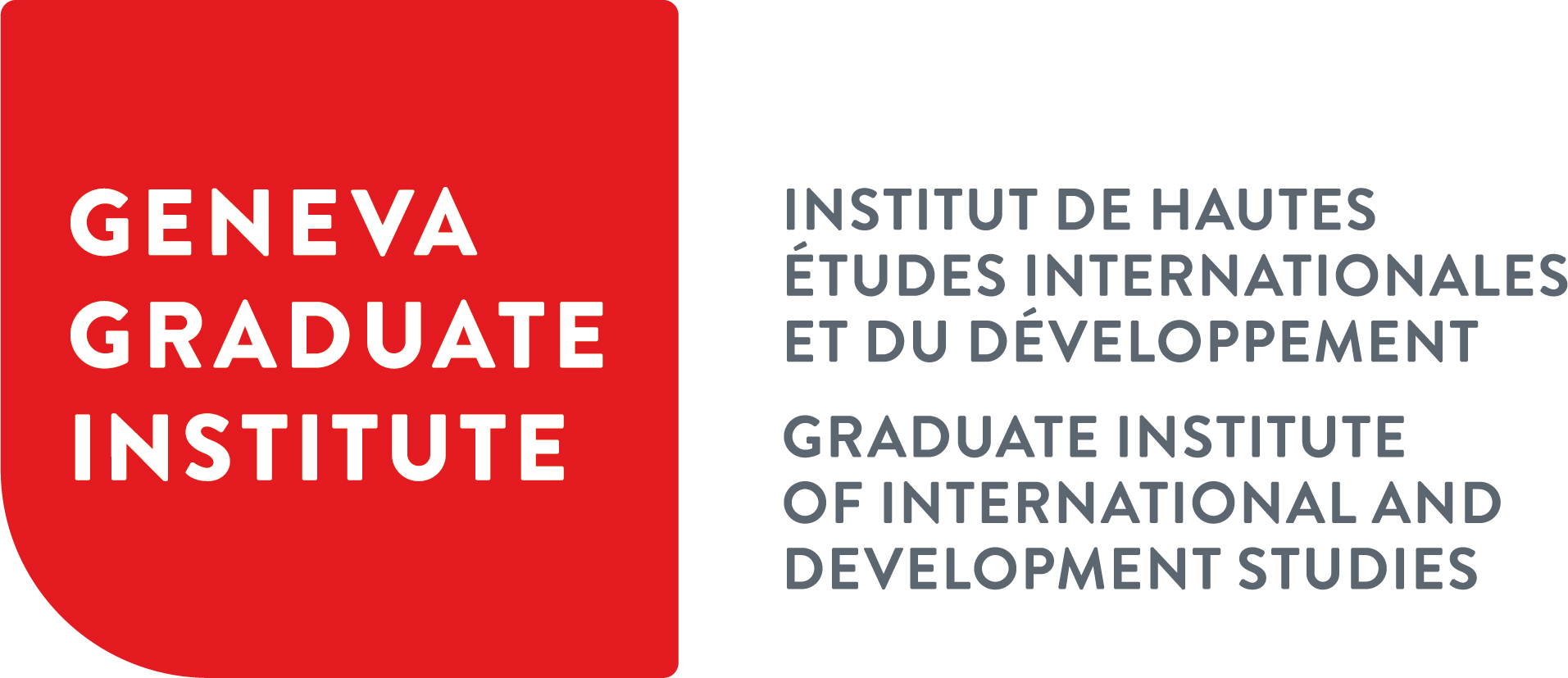News » Successful First Conference on Current Issues in Armed Conflicts
Successful First Conference on Current Issues in Armed Conflicts
On 29 and 30 June 2017 the Geneva Academy, in collaboration with the University of Essex, held the first Conference on Current Issues in Armed Conflicts.
On 29 and 30 June 2017 the Geneva Academy, in collaboration with the University of Essex, held the first Conference on Current Issues in Armed Conflicts. The Conference gathered students, practitioners and diplomats. Its main objective was to offer the possibility to discuss the legal and policy issues that have arisen in the past and current year in relation to armed conflicts situations. Its content was modelled after the 2016 War Report.
Implementation of International Humanitarian Law and the Classification of Armed Conflicts
Professor Marco Sassòli (University of Geneva) opened the conference with a keynote speech on the challenges related to the implementation of international humanitarian law (IHL). It was followed by a discussion led by Dr Krisztina Huszti-Orban and Jelena Aparac on the issue of consent as an element to address to qualify a situation as an international or a non-international armed conflict. It was followed by a discussion led by Dr Krisztina Huszti-Orban and Jelena Aparac on the issue of consent as an element to address to qualify a situation as an international or a non-international armed conflict.
Special Panel on Libya
On the evening of 29 of June, a Special Panel on Libya, organized as an IHL Talk in collaboration with the Geneva Centre on Security Policy (GCSP), gathered Elham Saudi, Director of the NGO Lawyers for Justice in Libya and Jean-Paul Rouiller, an expert on terrorism. Panelists discussed the political and legal situation in the country, including the presence of numerous armed groups and different entities claiming governance functions.
Latest Developments in Refugee Law and the Peace Agreement in Colombia
The next day, Cornelius Wouters from the United Nations High Commissioner for Refugees (UNHCR) and Professor Geoff Gilbert (University of Essex) addressed the latest developments in refugee law, notably the UNHCR guidelines on the implementation of the Refugee Convention. Professor Sabine Michalowski (University of Essex), Catalina Diaz, (Director of the Transitional Justice Unit, Colombian Ministry of Justice) and Dr Annyssa Bellal discussed in the following panel the recent peace agreement between the armed group FARC and Colombia which ended the 60 year long conflict , focussing on transitional justice with regard to private companies and armed groups.
Case Law of International Criminal Courts and Tribunals and the Prosecution of ‘Foreign Fighters’ in France
The afternoon of the second day addressed the latest developments in international criminal law. Dr Guido Acquaviva (Deputy Register, Kosovo Special Chambers) offered to the audience an analysis of the most noteworthy case law of the main international criminal courts and tribunals, while Dr Sharon Weill (Swiss National Science Foundation) addressed the delicate and complex issue of the trial of ‘foreign fighters’ in France.
Protection of Civilians
The Conference ended with a panel on the protection of civilians. David Tuck (International Committee of the Red Cross) and Eric Mongelard (Office of the United Nations High Commissioner for Human Rights) discussed how IHL and human rights law address the increasing impact of current armed conflicts on the civilian population, in particular how the respect of the various rules on conduct of hostilities and of economic, social and cultural rights could be improved in light of the recent long sieges of cities (such as in Syria and Iraq).


